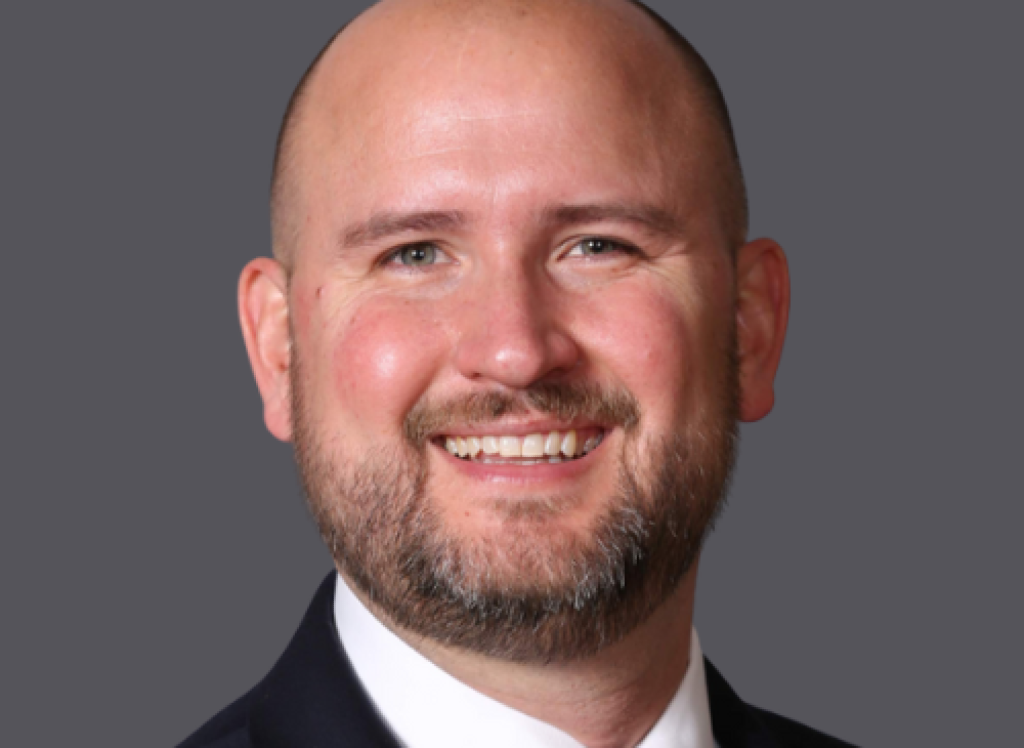INCOMPAS Wants FCC to Hit Pause on 5G Fund
The group seeks a multiyear delay for the FCC to await the results of the $42.45 billion BEAD program.
Ted Hearn

WASHINGTON, May 19, 2024 – A major wireless broadband initiative of FCC Chairwoman Jessica Rosenworcel is meeting resistance.
Rosenworcel wants to spend $9 billion over 10 years from the Universal Service Fund to deliver mobile voice and broadband service to about 14 million rural Americans that lack advanced wireless services.
But the INCOMPAS trade association wants to bring Rosenworcel’s 5G Fund to a halt not just for a few months, but potentially for several years.
The multiyear delay would occur because INCOMPAS wants the FCC to await the results of the $42.45 billion BEAD program run by the Commerce Department’s National Telecommunications and Information Administration before launching the 5G Fund. The BEAD-funded broadband deployment projects can take up to five years to complete.
“Allowing NTIA to complete its allocation will give the [FCC] a better understanding of where gaps in wireless 5G service exist and will help ensure that funding efforts are not duplicated and that USF funding will reach the areas where there is still a funding need,” INCOMPAS said in a May 16 filing signed by Christopher Shipley, executive director of public policy.
INCOMPAS also believes that if the FCC hits pause on the 5G Fund, the agency will ensure that the USF’s shaky financial structure won’t incur additional stress.
Based in Washington D.C. and headed by former Rep. Chip Pickering, R-Miss., INCOMPAS is a trade association advocating for competition across all networks. Its members include Internet Service Providers (ISPs) Verizon and Great Plains Communications and Big Tech firms Amazon and Facebook parent Meta.
INCOMPAS didn’t call its request a delay. It called it an “interlude.”
In March, Rosenworcel issued a statement indicating the agency already had the data to ensure 5G Fund money would be spent efficiently.
“For the first time in our history of supporting wireless networks through the universal service system, this agency has comprehensive data about where service is and is not all across the country,” Rosenworcel said. “This will be the foundation of our plan to expand the 5G service in rural America to where it is needed most—where people live, work and travel.”
The FCC announced in its Net Neutrality rules that it would not require broadband ISPs to contribute to the USF at this time. Rosenworcel expressed concern that including broadband ISPs in the USF contribution base now could lead to higher monthly Internet bills. The Net Neutrality order put the increase “potentially in the range of roughly $5 to $18 per month.”











Member discussion